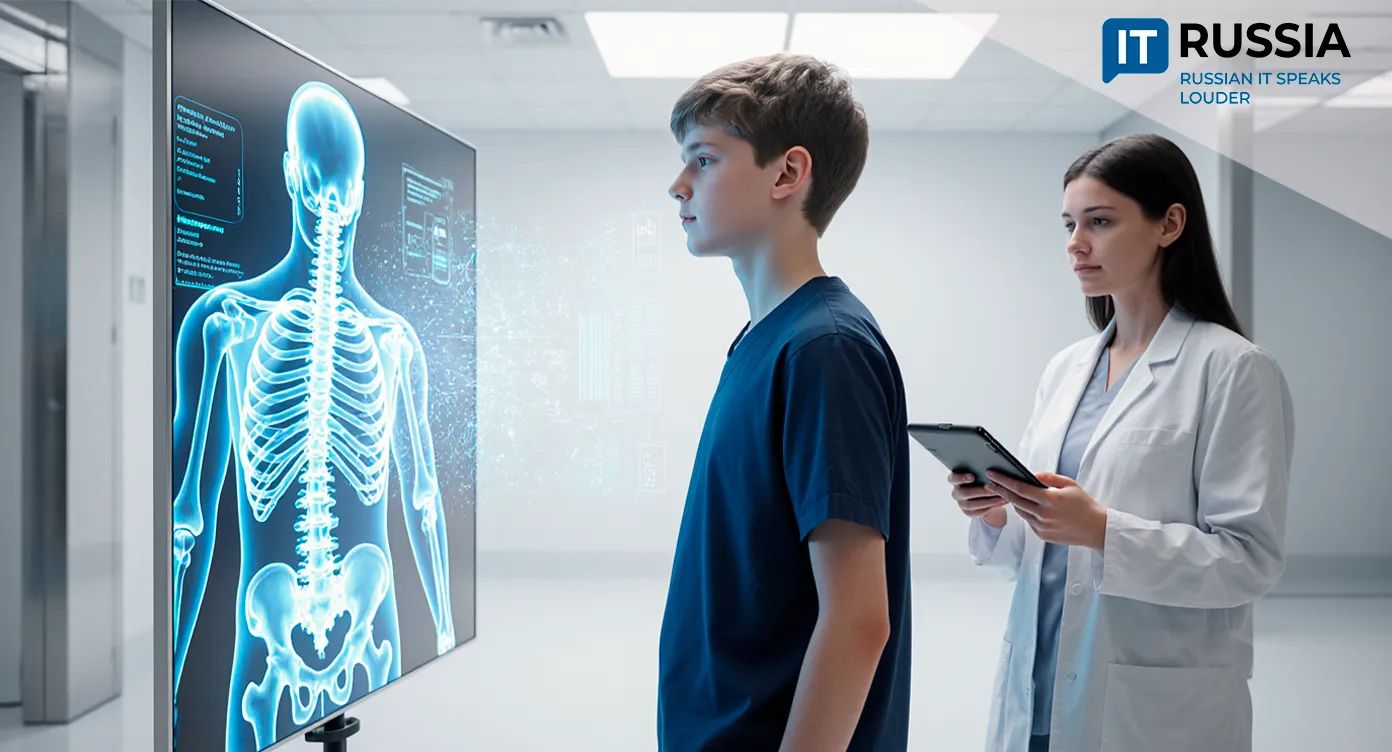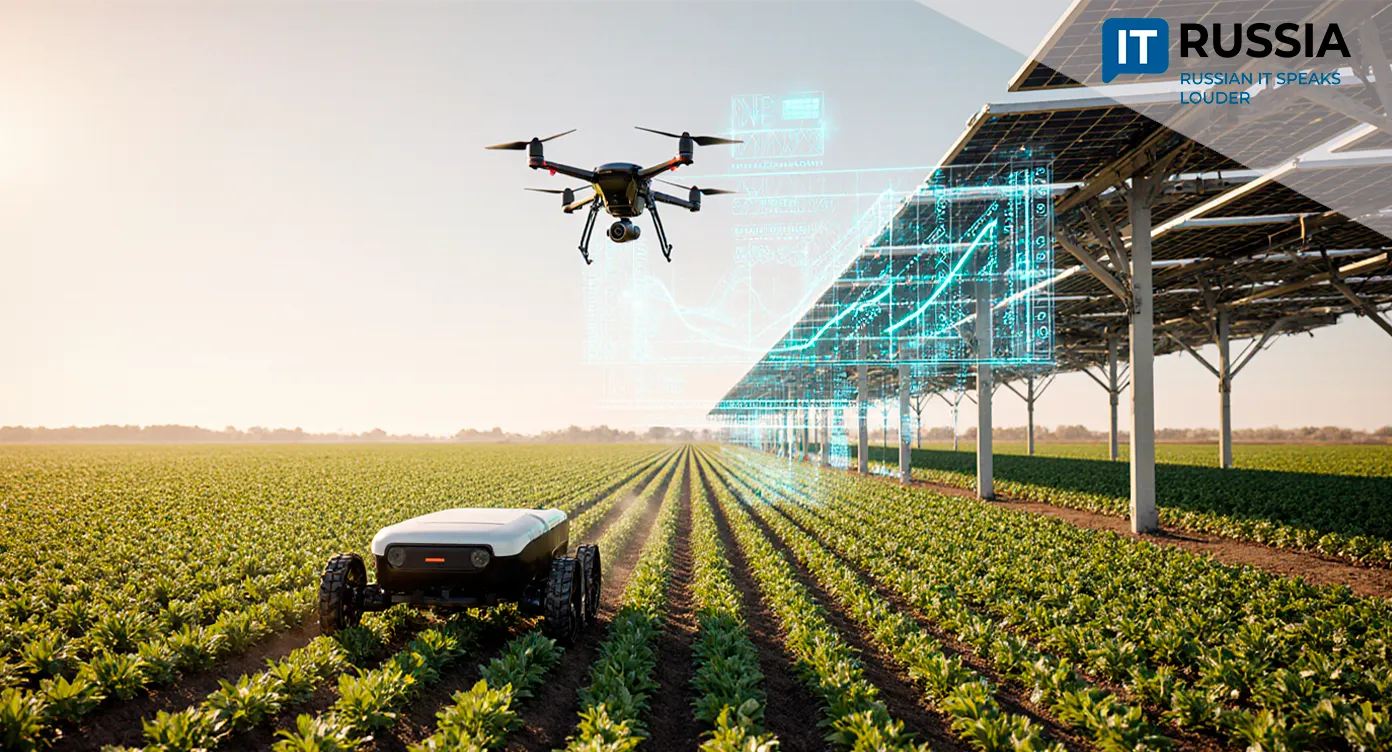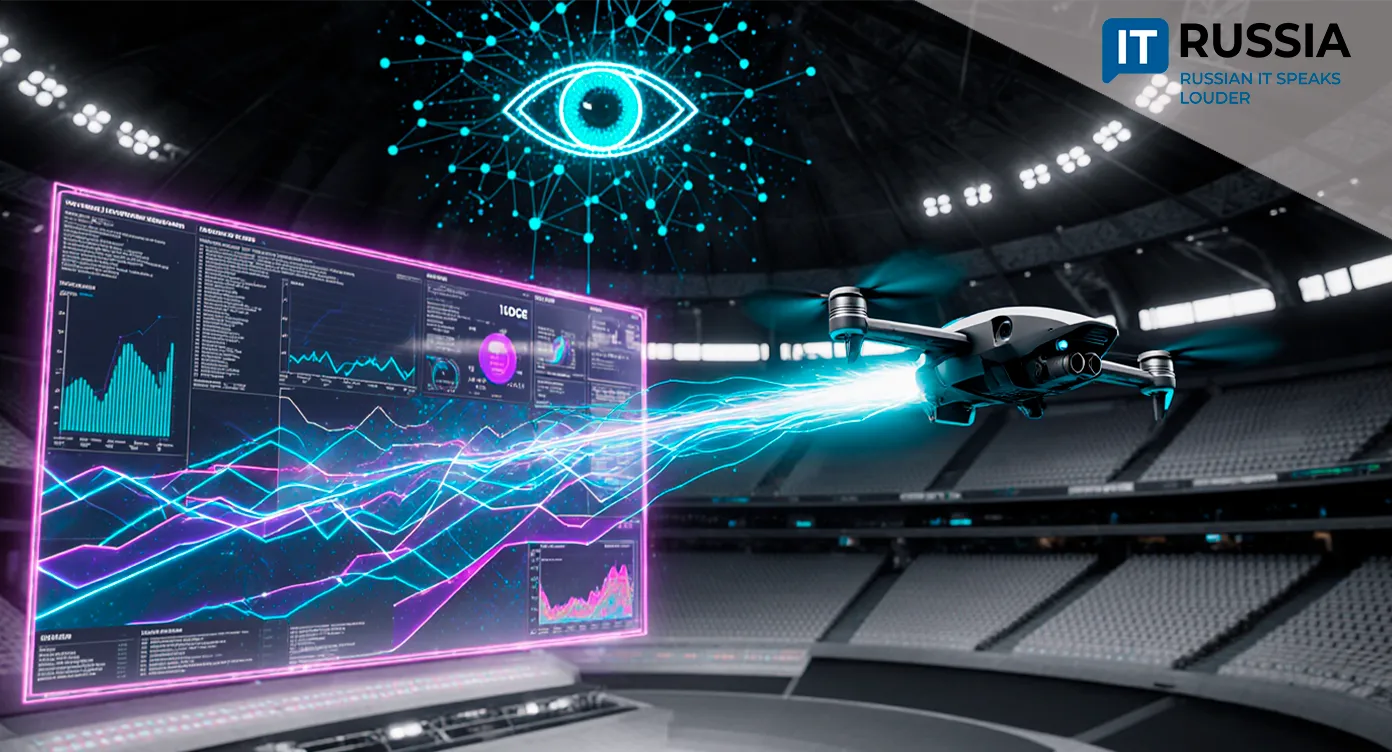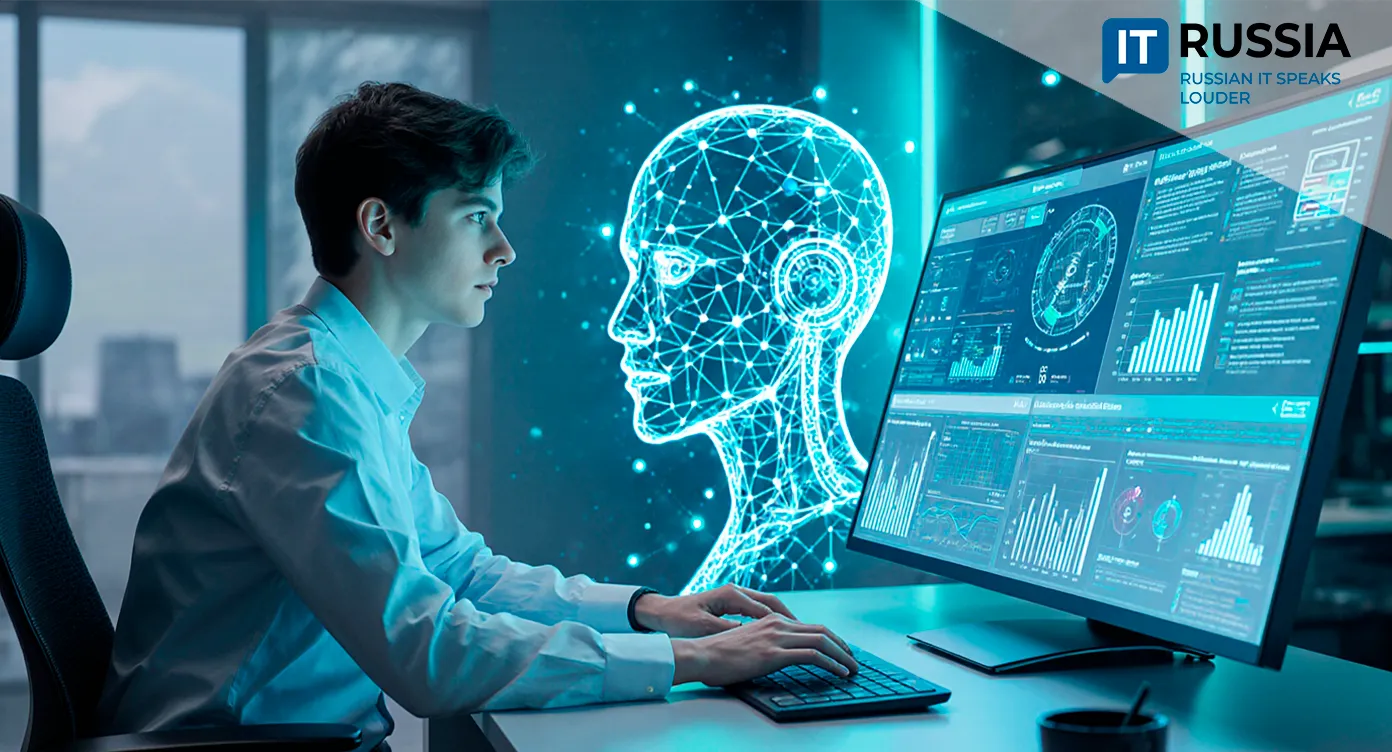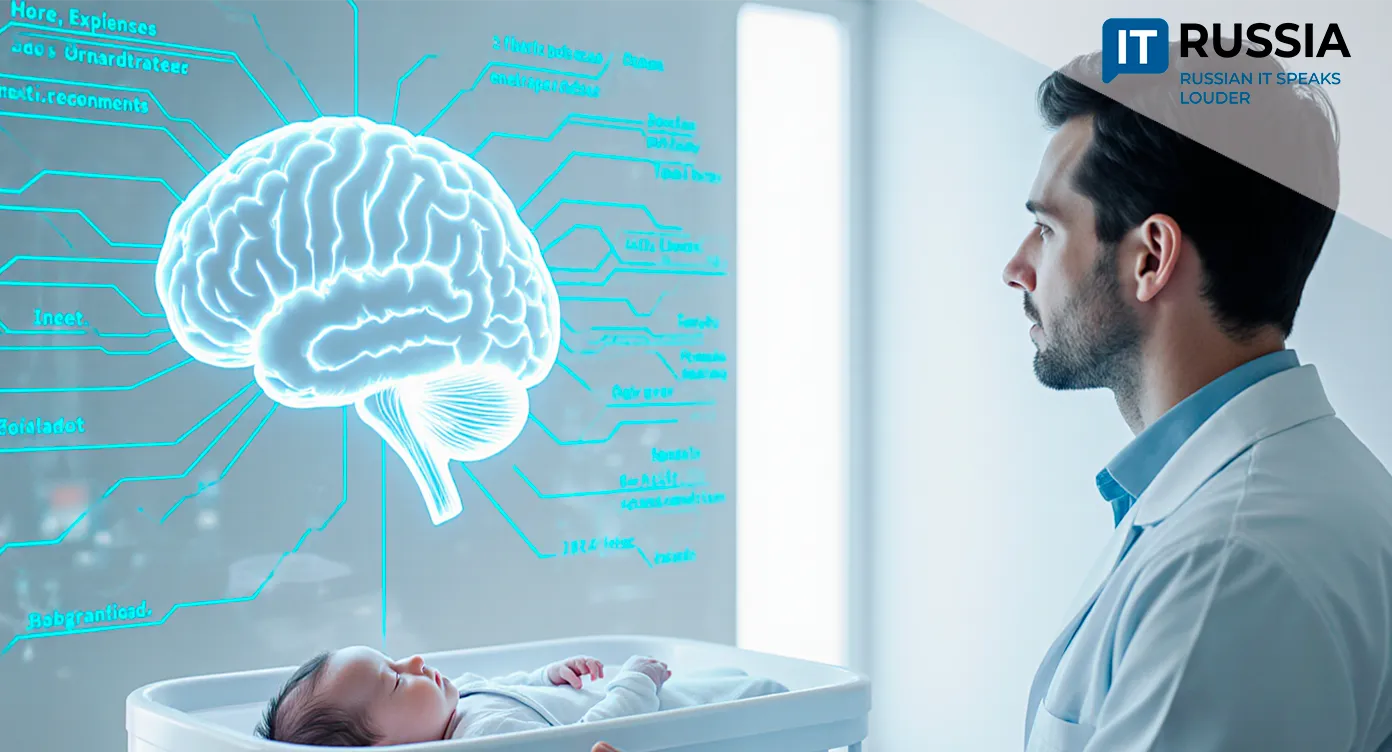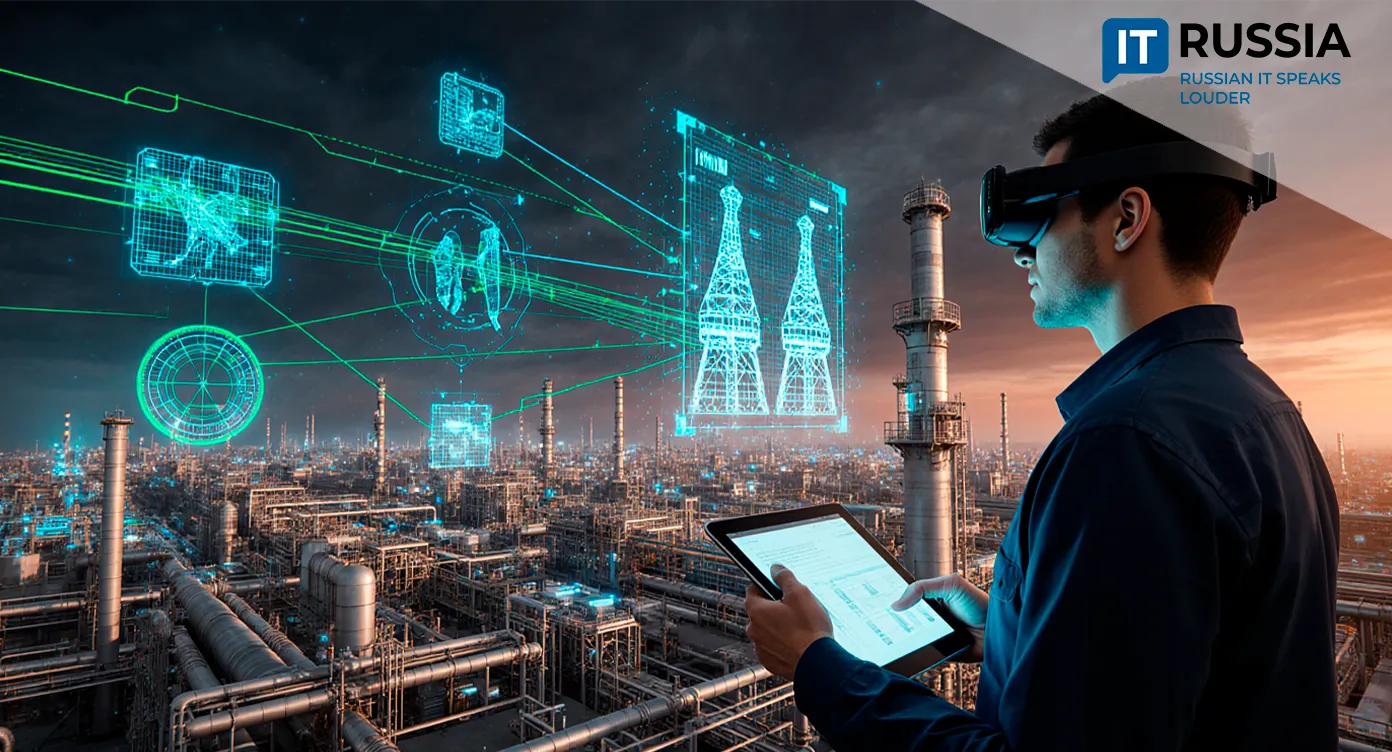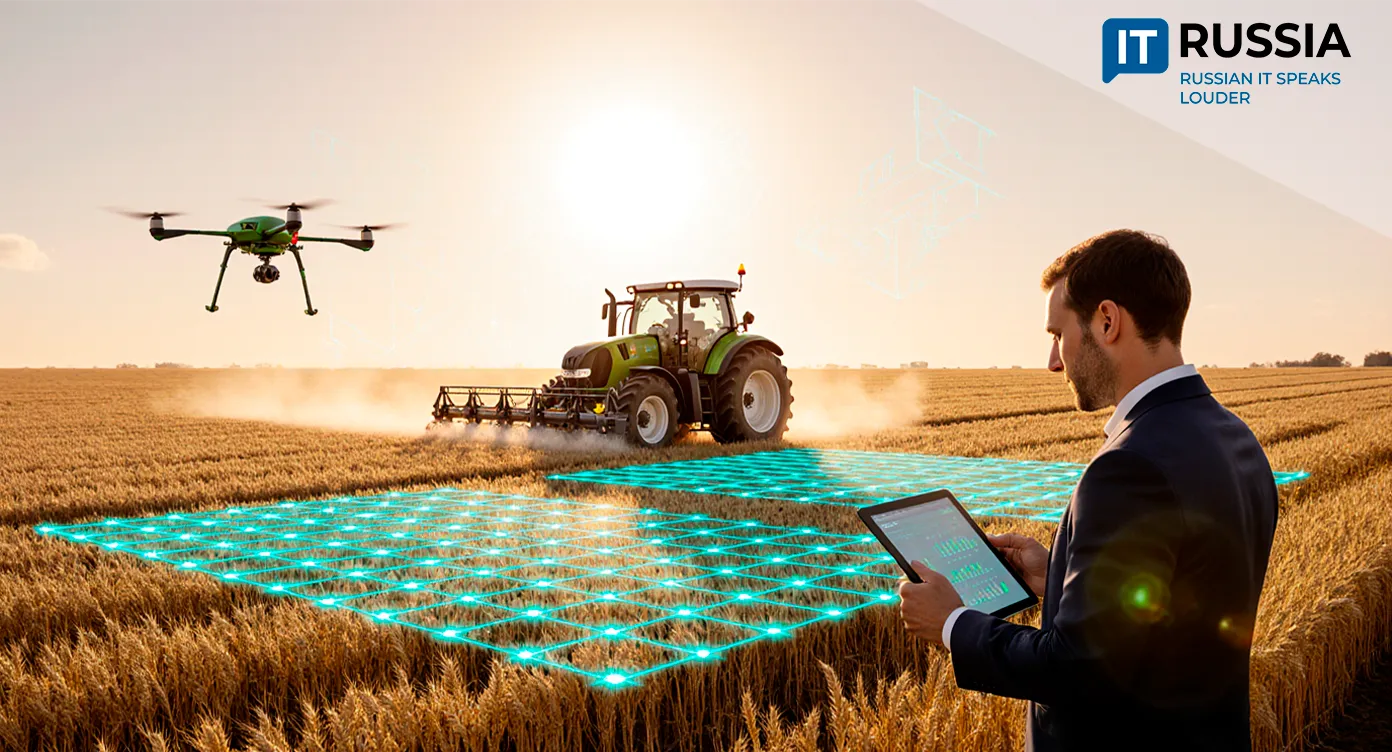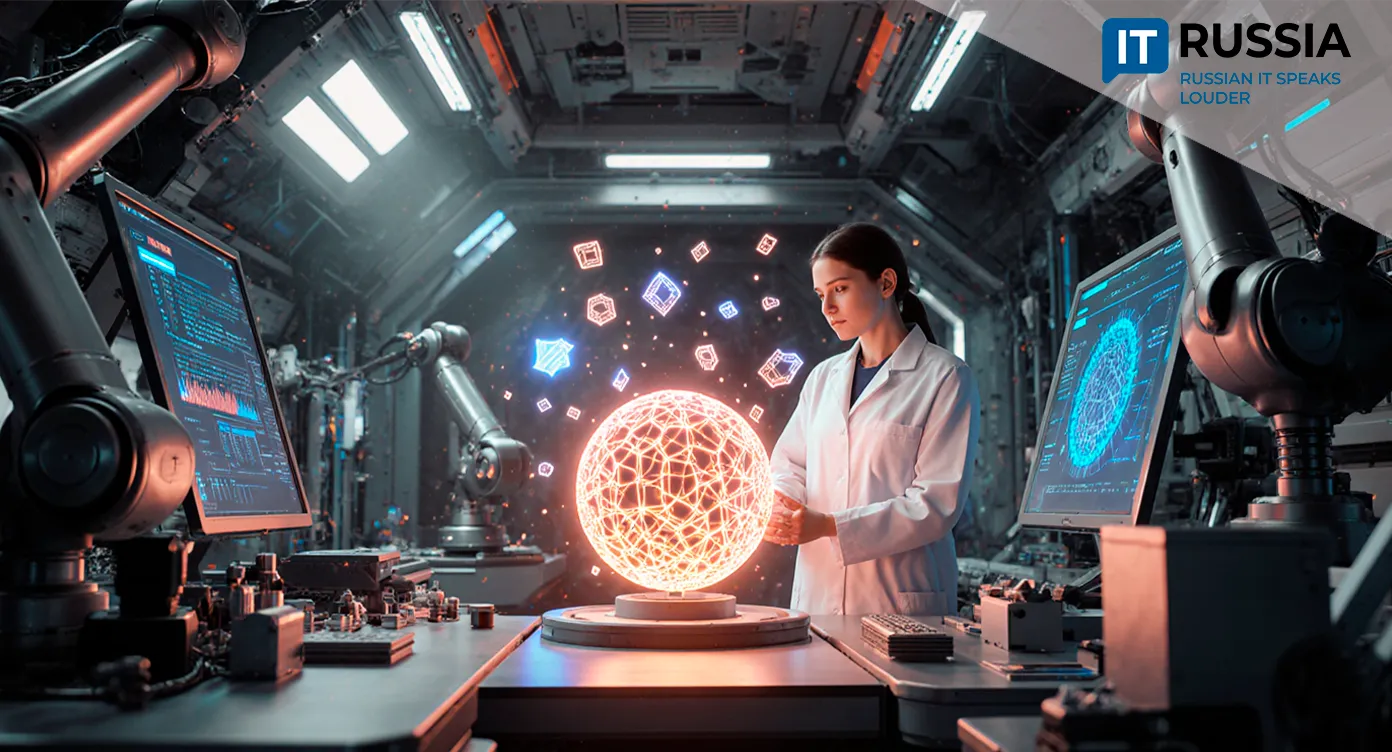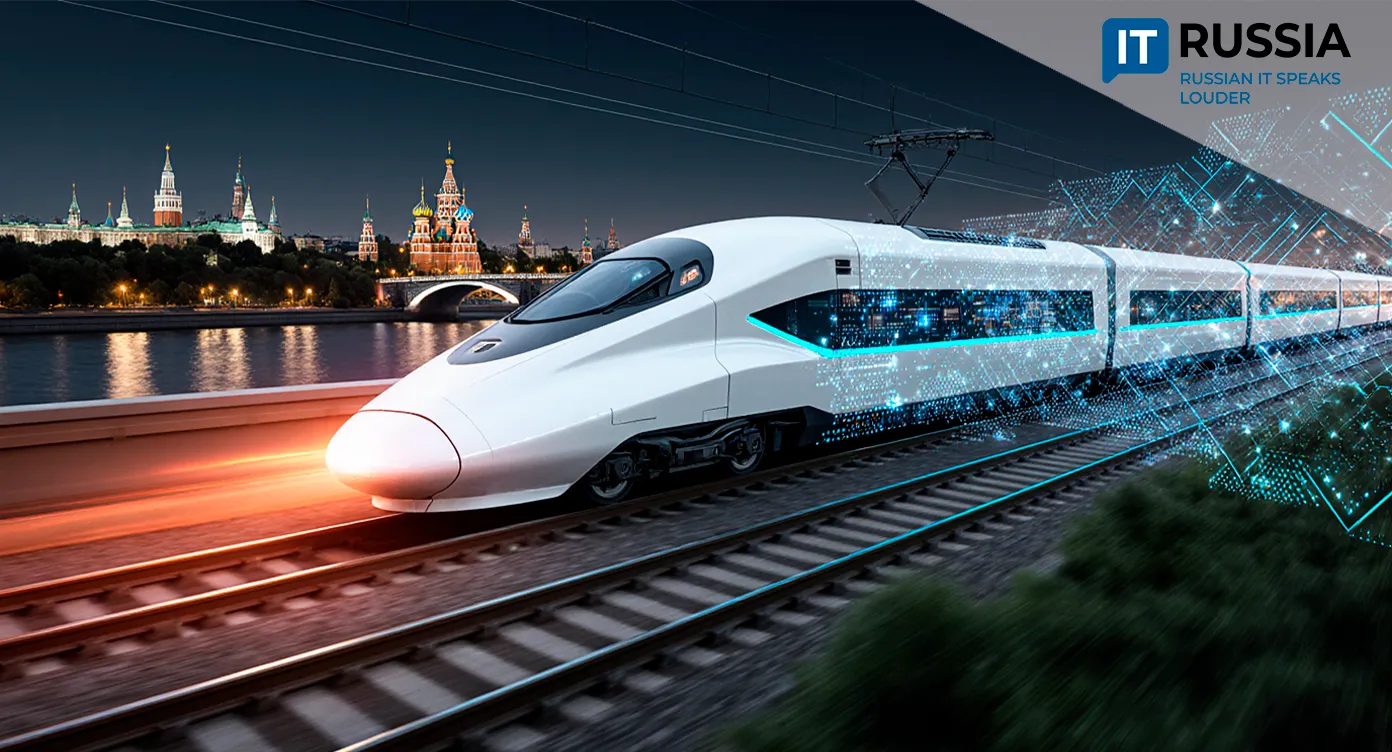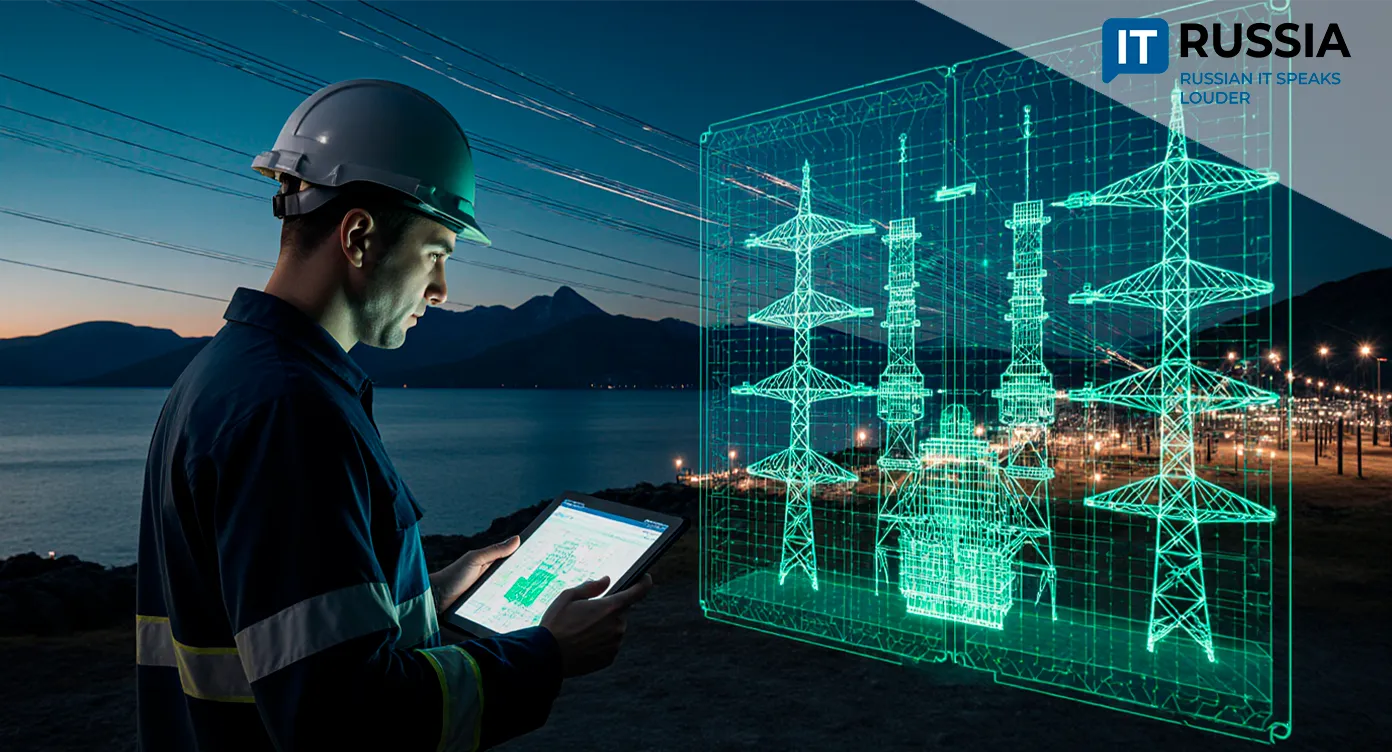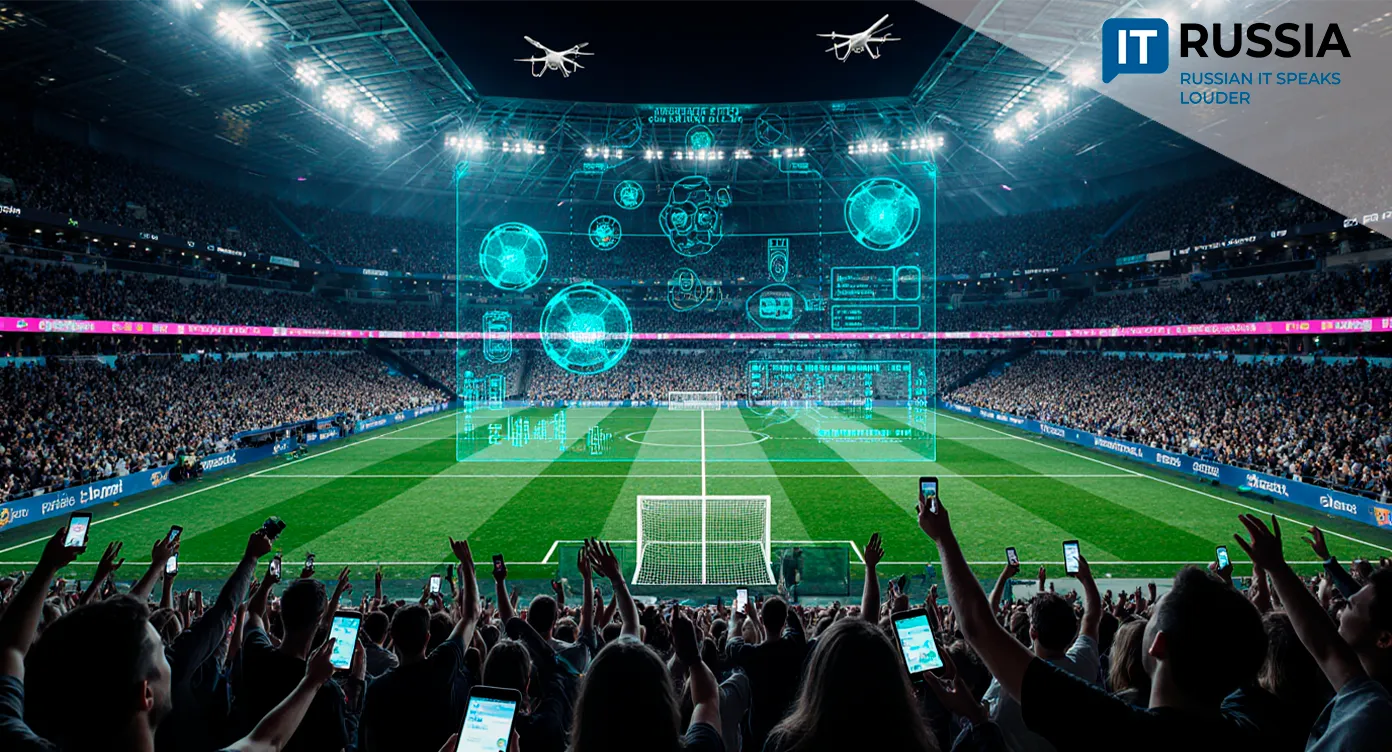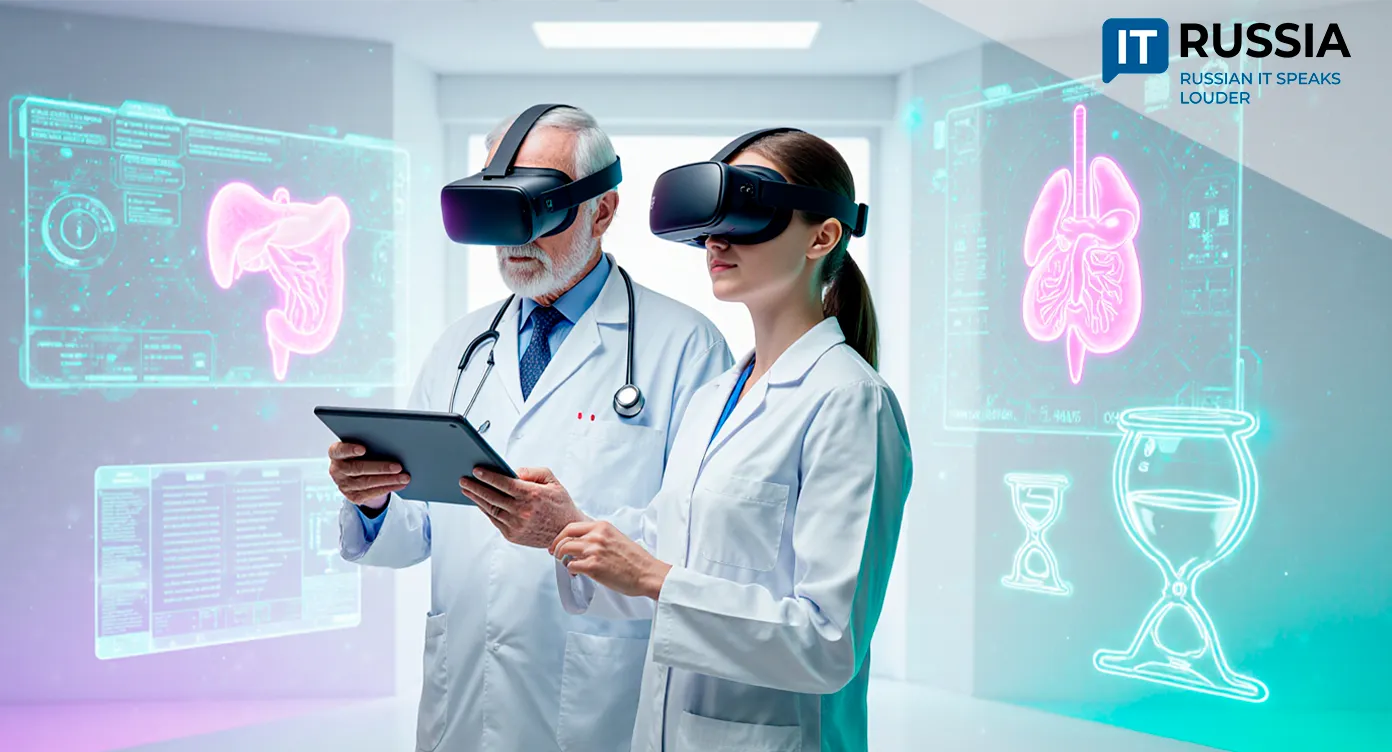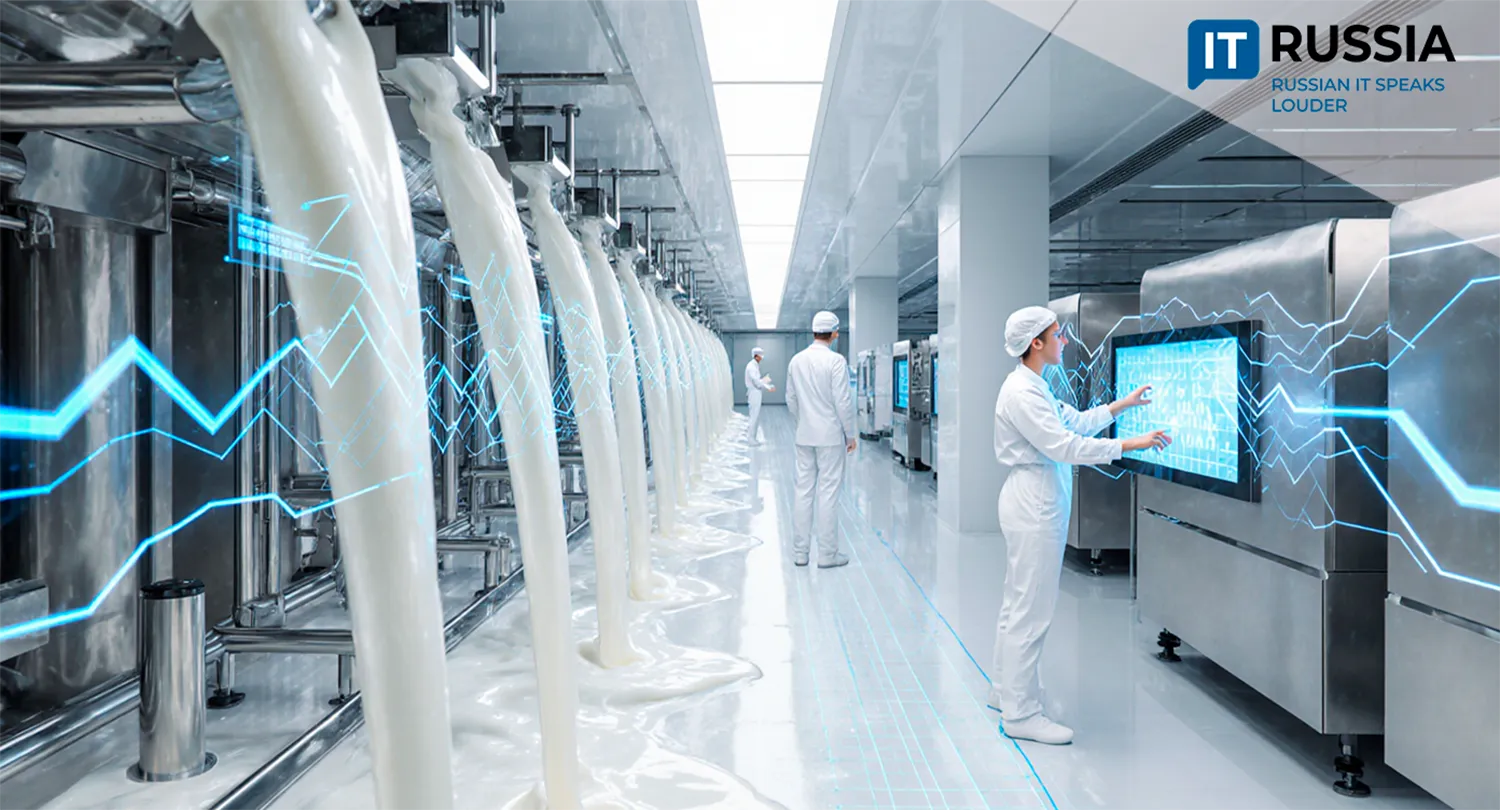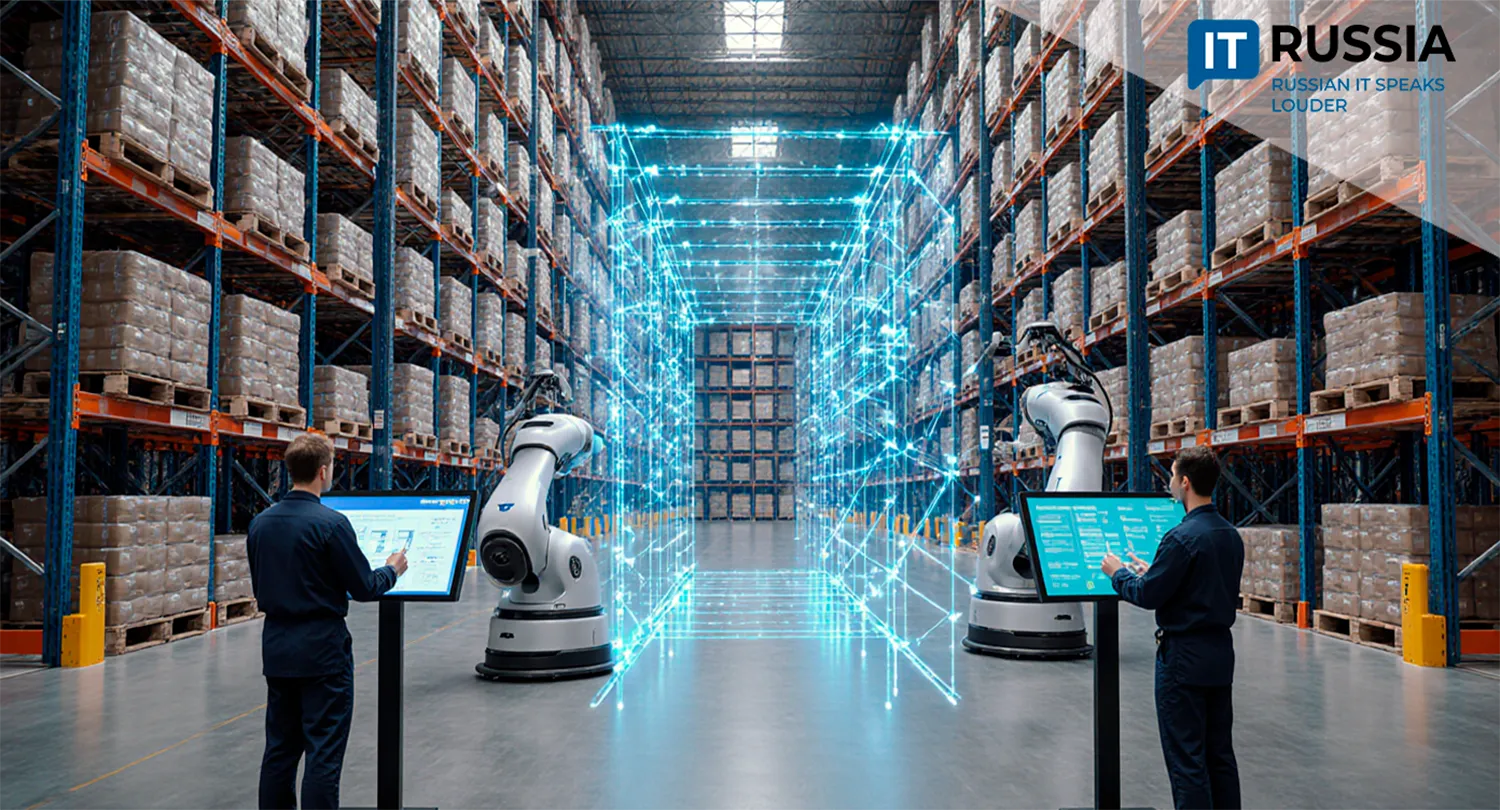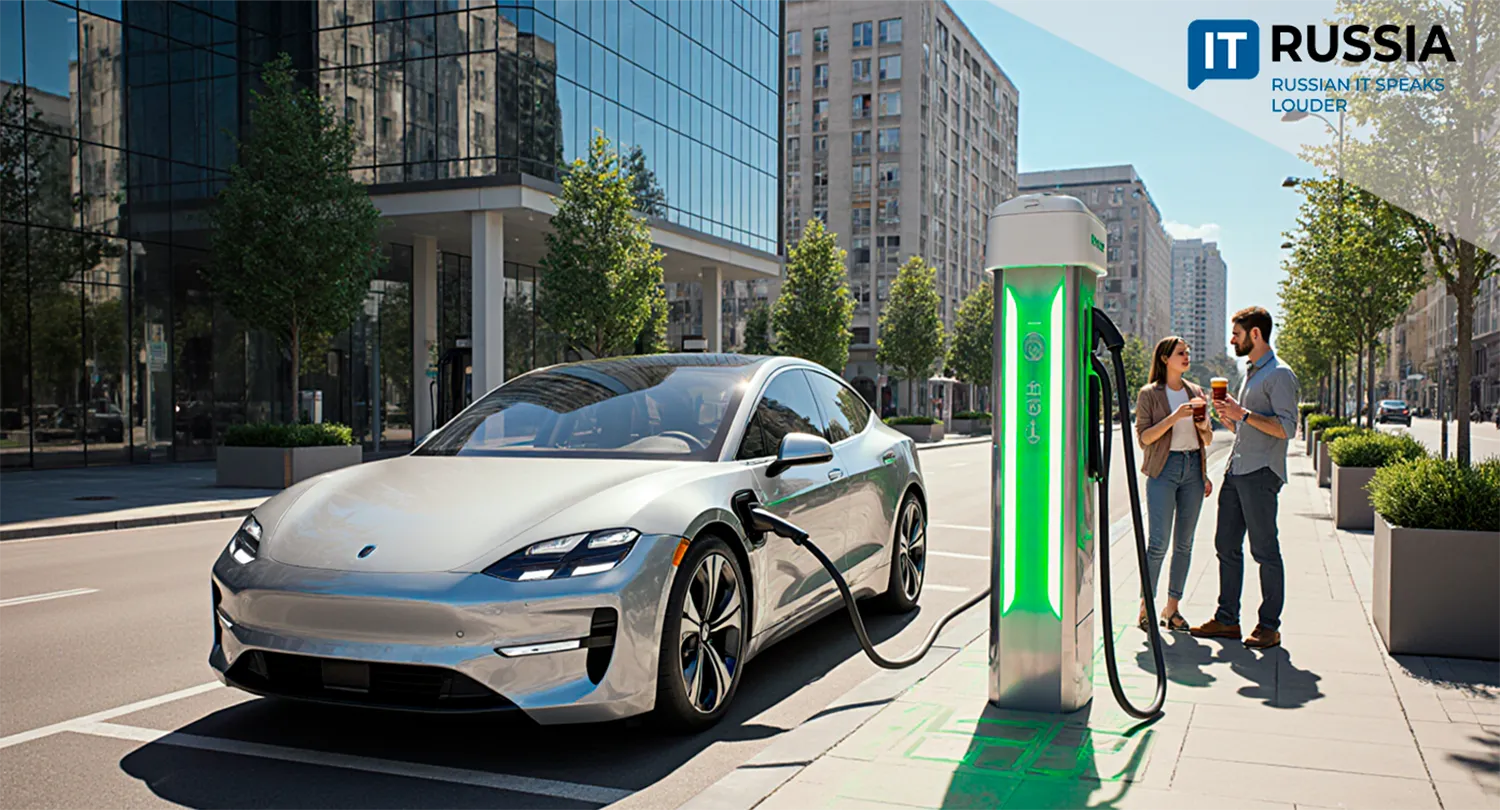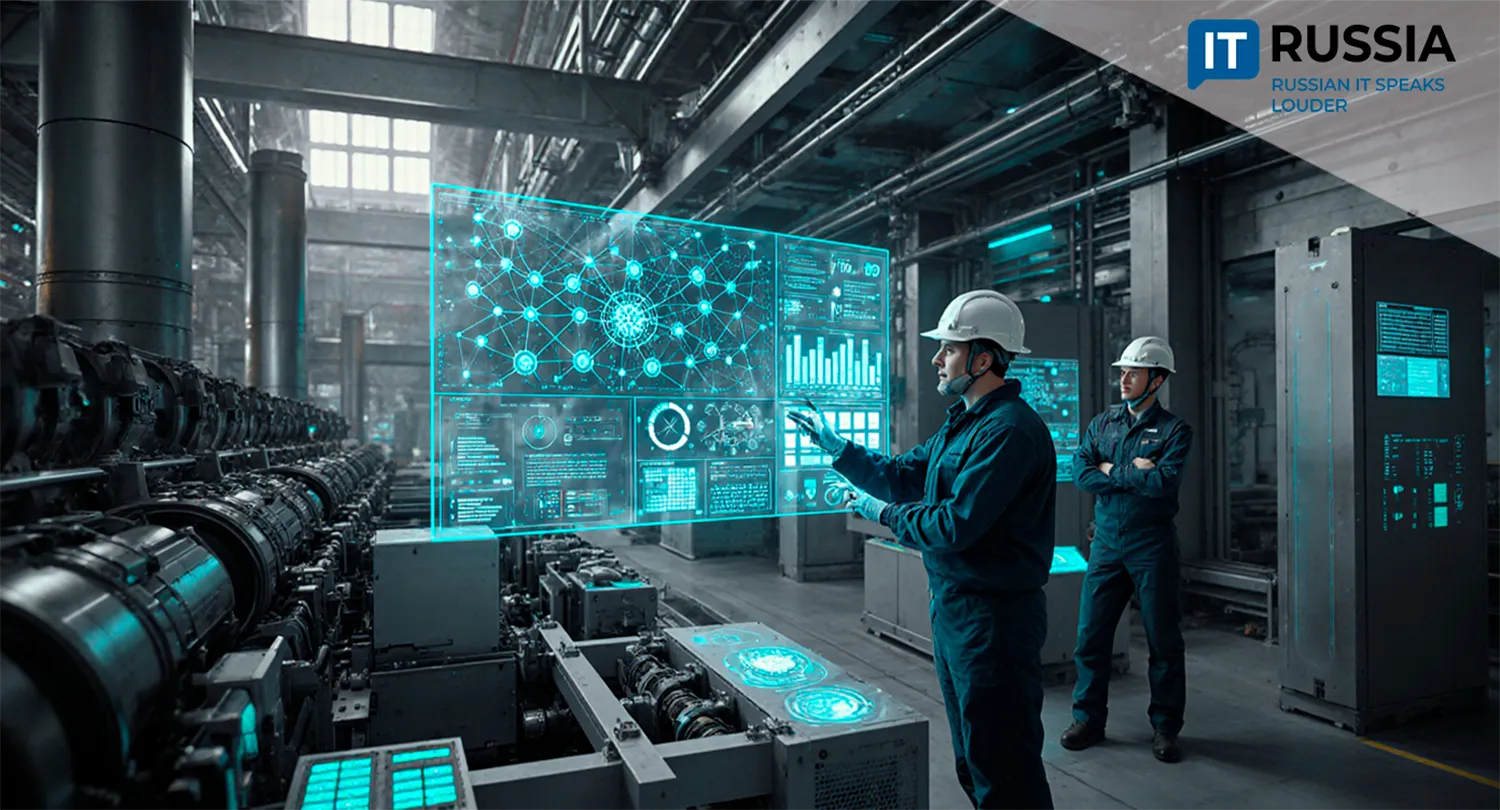Improving Quality of Life in Russian Cities Through Artificial Intelligence
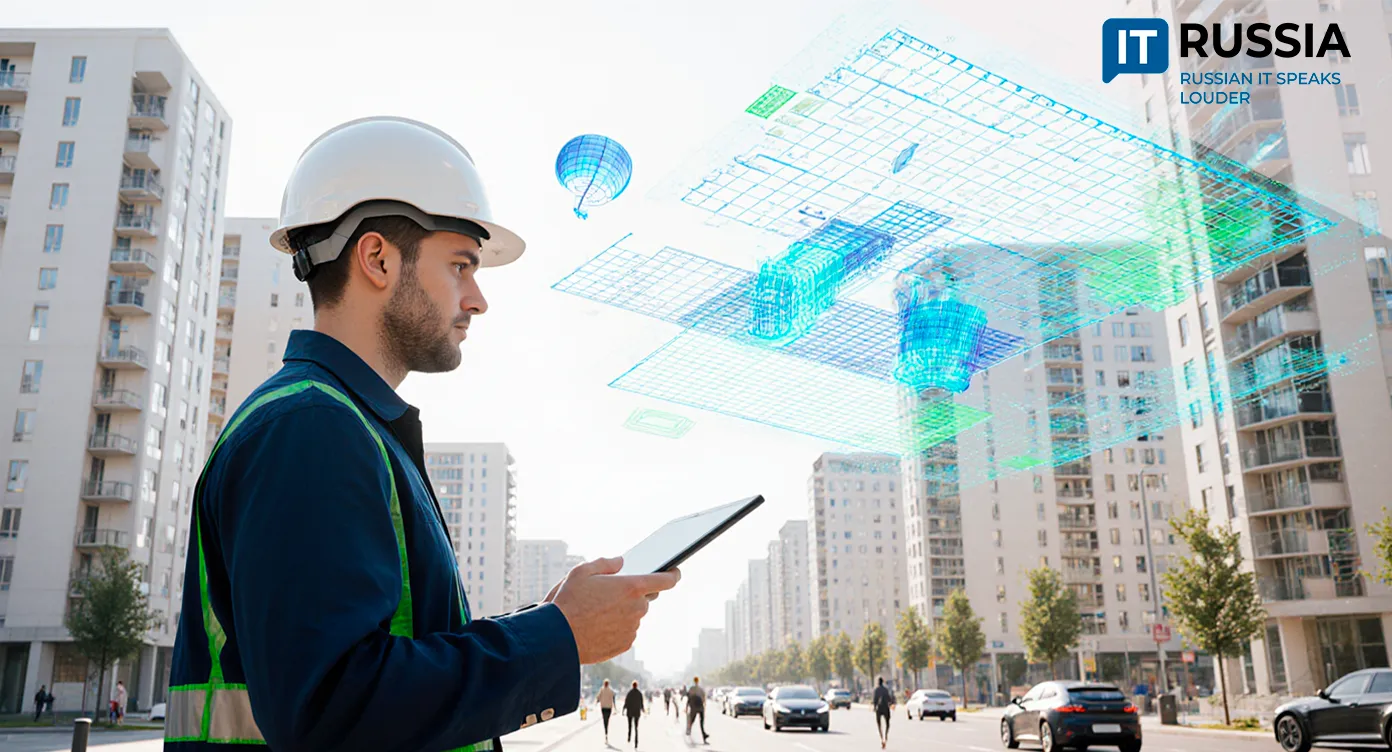
Artificial intelligence is rapidly reshaping Russia’s construction industry, making urban infrastructure projects faster, safer, and more efficient.
Digital Transformation of the Construction Industry
In Russia, artificial intelligence (AI) technologies are being actively integrated into the construction sector, transforming traditional approaches to design and building.
The adoption of advanced technologies in construction was discussed at the design session “Artificial Intelligence in Construction” in Volgograd. The event brought together a team from Sberbank, one of Russia’s largest banks, along with regional construction company executives, IT developers, digital technology experts, and local government officials.
Construction is one of the key economic sectors of the Volgograd region, but it faces multiple challenges: project delivery delays, budget overruns, difficulties in planning, and quality control. AI offers solutions by automating routine but critical processes: calculating construction deadlines and costs, determining workloads based on open data, optimizing design, and managing construction in real time.
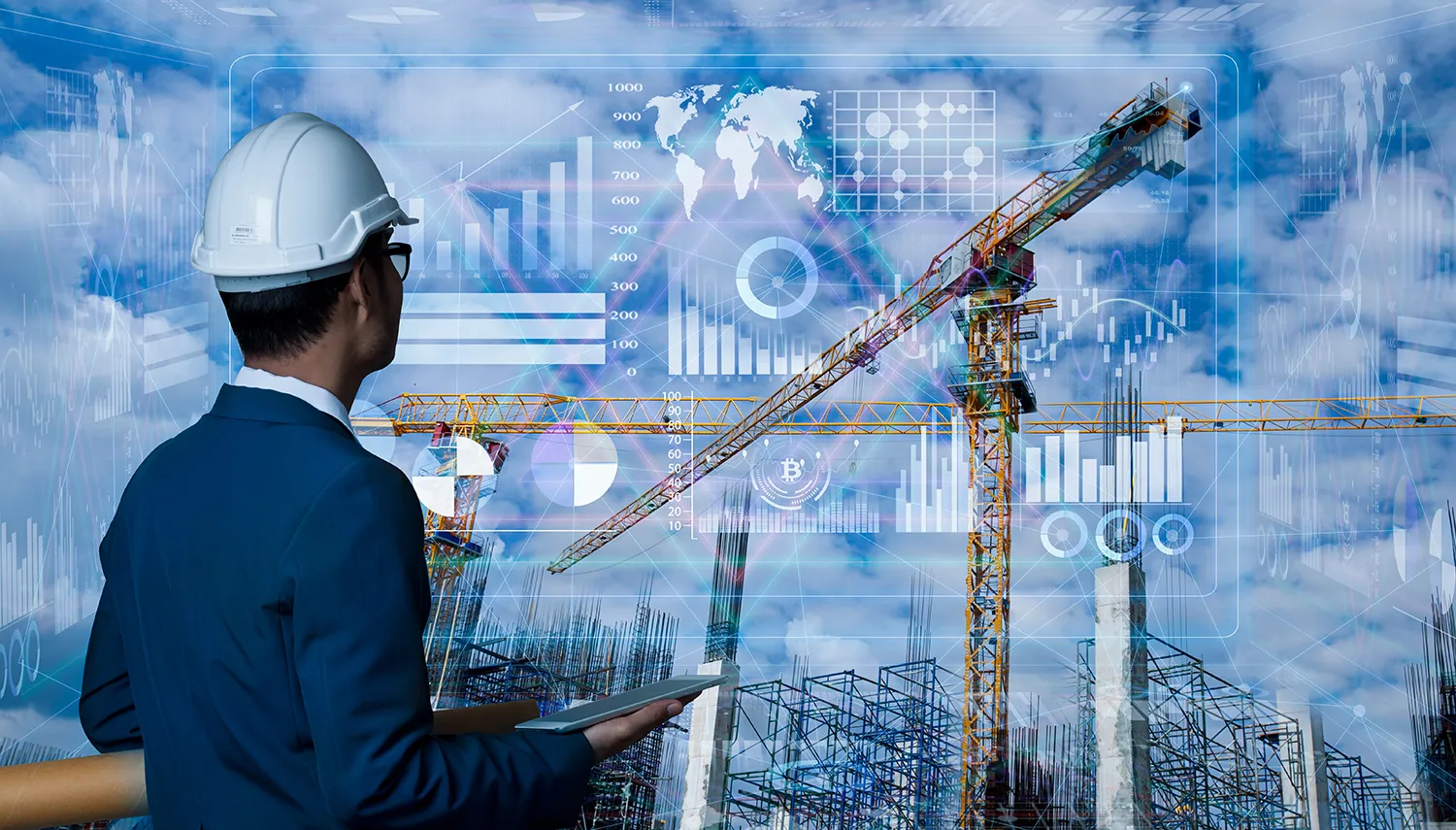
One of the main advantages of AI implementation is reducing human error, which directly improves forecasting accuracy, financial transparency, and minimizes mistakes at every stage of project delivery. For the industry, this means more predictable and efficient workflows. For the region, it accelerates the commissioning of social, transport, and housing infrastructure, optimizes budget use, and strengthens quality control. For citizens, it translates into more affordable housing, urban renewal, and greater comfort in everyday life.
Digitization Across All Stages of Construction
Digitizing construction is not just a trend but a necessary step for ensuring sustainable development in the Volgograd region. In 2024, the region and Sberbank signed an agreement to implement AI solutions. Initially, AI will be used for automating calculations and data analysis, but its application is expected to expand to all stages of the construction lifecycle.
In the near future, digital twins of buildings and infrastructure objects are planned—virtual replicas that can model structural behavior, predict wear and tear, identify accident risks, and optimize maintenance. Such technologies are already widely applied in leading countries: in the UK and Singapore, AI-supported Building Information Modeling (BIM) systems have become the standard for large-scale construction projects, according to the World Economic Forum.
The integration of AI into the construction sector of the Volgograd region is part of Russia’s broader digital transformation. In the long term, this effort envisions full integration of AI solutions into federal programs, scaling across the country, and potentially expanding internationally.
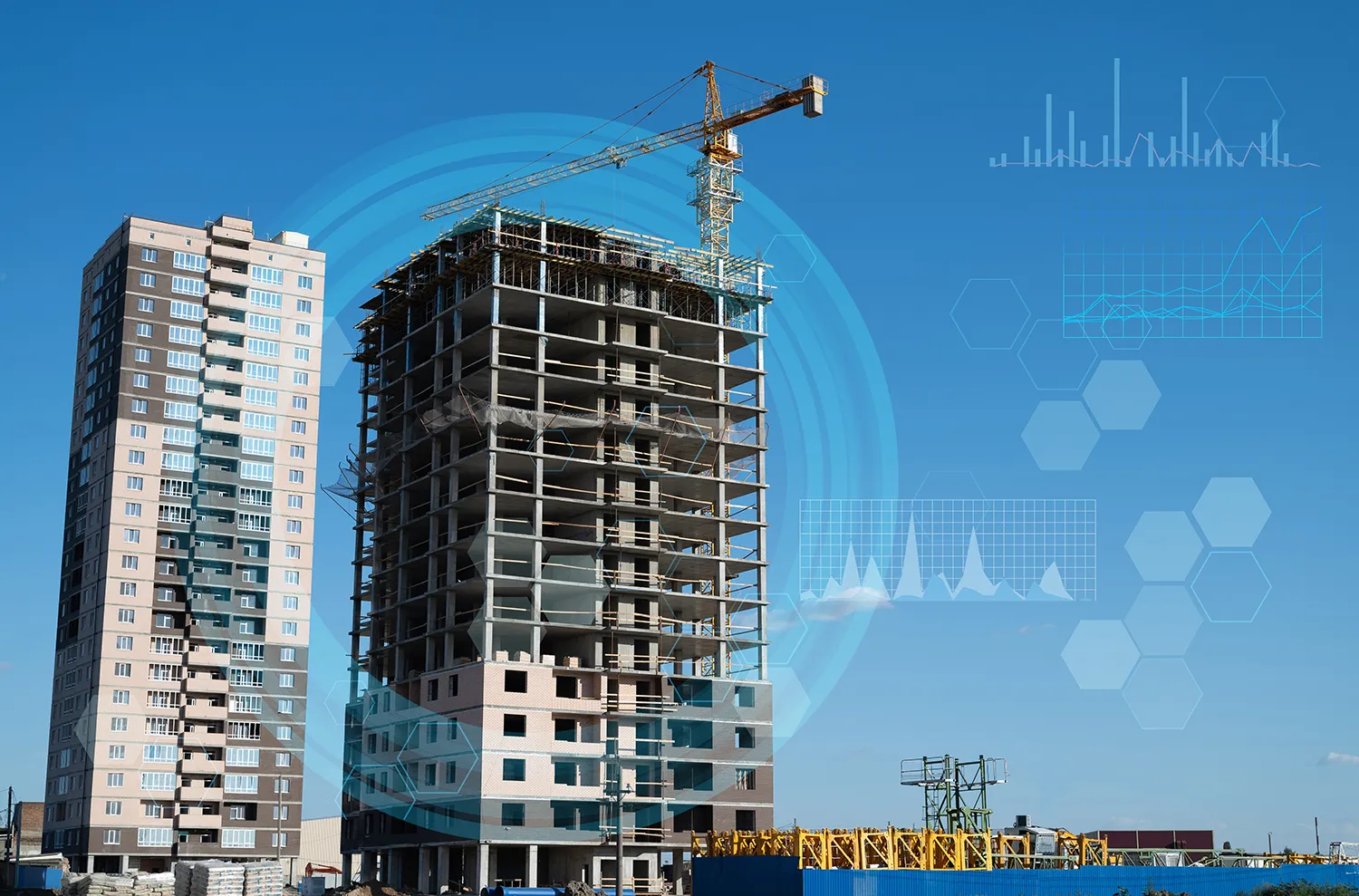
Efficient and Safe Urban Infrastructure Development
Today in Russia, the deployment of AI is viewed as a key part of the country’s digital development strategy, covering not only construction but also integration with the “smart city” concept—housing services, transport, and energy management.
One of the key achievements has been the launch of digital twins—virtual copies of buildings and infrastructure that simulate their performance across their entire lifecycle. In Moscow, since 2023, a pilot project has been developing digital twins of residential and public buildings using AI to predict structural deterioration and plan maintenance. This approach has reduced accident rates and improved urban infrastructure management.
In St. Petersburg, AI is used to monitor safety compliance on major construction sites. Computer vision systems detect violations and promptly notify supervisors.
AI is also integrated into the “smart city” concept: in Kazan and Novosibirsk, smart housing and utility systems use AI to analyze sensor data and predict failures in engineering networks.

These examples demonstrate that Russia’s digital transformation of construction has moved beyond experiments and is becoming the foundation for sustainable, efficient, and safe urban infrastructure development. The successful rollout of these initiatives shows how modern technologies can transform traditional industries, making them more effective, transparent, and people-oriented.




